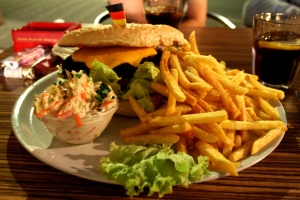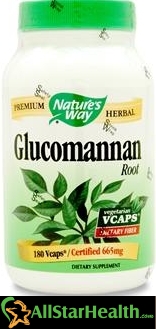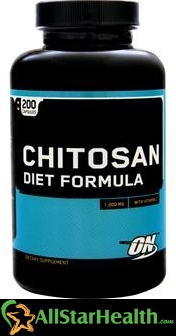High fat diets, size of meals may be most important to weight loss

A recent study challenged some of the concepts behind the diet-and-obesity link and suggests that meal-size – more than total calorie intake or feeding frequency – is a key factor in the development of obesity.
This was an animal study that used a high-fat diet to induce obesity in rats, then examined how feeding habits and body weight changed. Compared to rats on a normal diet, the high-fat content induced obesity, but not by simply adding extra fat calories. The high-fat test animals consumed more food at each meal, and ate faster, but also ate less frequently. In fact, not only was the calorie intake of the high-fat diet animals the same as the control group, the high-fat animals actually ate less food on a grams-per-bodyweight basis. Yet, all of the high-fat diet animals soon became obese, which raises doubts about the ages-old calories in-calories-out concept of weight loss.
The mechanism is unclear, but the study suggests it has to do with a hormone called grehlin which helps the body calibrate appetite and satiation to the body’s actual nutritional needs. A high-fat diet may de-calibrate this mechanism, exaggerating the diet and undermining the body’s efficient use of food calories.
What does this mean for those trying to lose weight? One major implication is to eat lower amounts of fat, smaller meals, and perhaps strategically using a ‘fat-blocker’ supplements to offset the metabolic damage wrought by high-fat meals.
One great supplement that can help you feel full with less food is glucomannan, a type of soluble fiber. By taking glucomannan before each meal with some water, you pre-load your system with beneficial fiber. That’s helps you feel full on fewer calories, besides providing additional weight loss support through healthy elimination and slower release of carbohydrate calories.
Another supplement this study brings to mind is chitosan, which is another type of fiber. But unlike glucomannan, and through a much gentler method than Alli, chitosan binds with portion dietary fats in the digestive tract, preventing their absorption and effects on metabolism.





